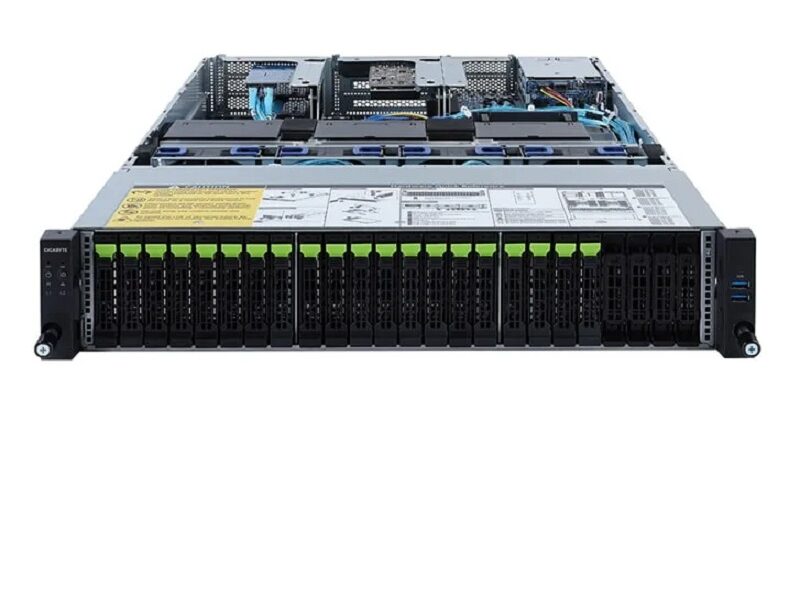In today’s rapidly evolving world, technology has become an integral part of our daily lives. From the moment we wake up to the time we go to bed, we are surrounded by the wonders of technology. It has transformed the way we communicate, work, learn, and entertain ourselves. The constant advancements in technology have paved the way for a new era of possibilities, empowering individuals and reshaping the future in unprecedented ways.
One of the most remarkable aspects of technology is its ability to connect people across the globe. With the advent of the internet and social media, distance is no longer a barrier. Friends, families, and colleagues can stay in touch effortlessly, bridging the gaps between cultures, languages, and time zones. The power of connectivity has given rise to a global community where information and ideas flow freely, transcending borders and fostering collaboration.
Technology has also revolutionized the way we work. The rise of remote work, accelerated by the COVID-19 pandemic, has transformed traditional office setups. With the help of teleconferencing tools, cloud-based collaboration platforms, and project management software, teams can now work together seamlessly from different locations. This flexibility not only increases productivity but also provides individuals with a better work-life balance, as they have the freedom to choose when and where they work.
Education is another field that has experienced a significant transformation due to technology. Traditional classrooms are no longer the sole source of knowledge. Online courses, virtual reality simulations, and interactive learning platforms have made education more accessible and engaging. Students can now learn at their own pace, tailor their learning experience to their specific needs, and access resources from around the world. Technology has democratized education, breaking down barriers and providing opportunities for lifelong learning.
The healthcare industry has also benefited immensely from technological advancements. From wearable fitness trackers to artificial intelligence-assisted diagnostics, technology is reshaping the way we monitor and care for our health. Telemedicine has gained popularity, allowing patients to consult with doctors remotely, saving time and reducing the strain on healthcare systems. The use of big data and predictive analytics has improved patient outcomes by enabling early detection and personalized treatment plans.

Beyond personal empowerment, technology has also played a crucial role in addressing global challenges. Renewable energy technologies, such as solar and wind power, have made significant strides in combating climate change and reducing our reliance on fossil fuels. The development of smart cities and sustainable infrastructure has the potential to create more efficient and environmentally friendly urban environments. Technology has become a catalyst for innovation and sustainability, offering solutions to some of the most pressing issues facing humanity.
However, with great power comes great responsibility. As technology continues to evolve, we must be mindful of its ethical implications. Issues such as data privacy, cybersecurity, and algorithmic bias need to be addressed to ensure that technology remains a force for good. The development of robust frameworks and regulations is essential to harness the full potential of technology while mitigating its risks.
In conclusion, technology has become an integral part of our lives, empowering individuals and reshaping the future. It has connected people across the globe, transformed the way we work and learn, revolutionized healthcare, and provided solutions to global challenges. As we navigate the ever-changing technological landscape, it is important to embrace its potential while being mindful of its ethical considerations. By doing so, we can build a future where technology is a tool for positive change and collective progress.








